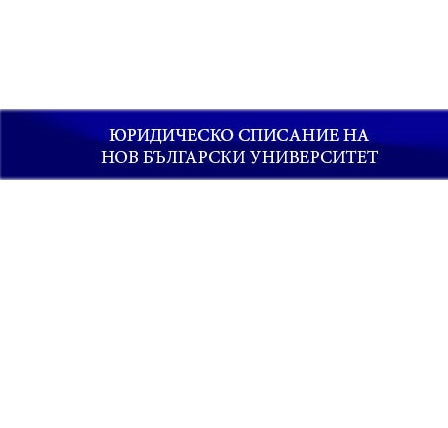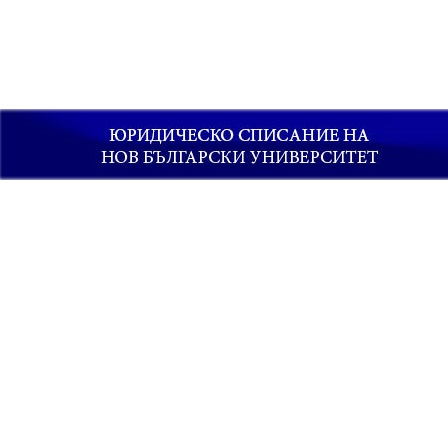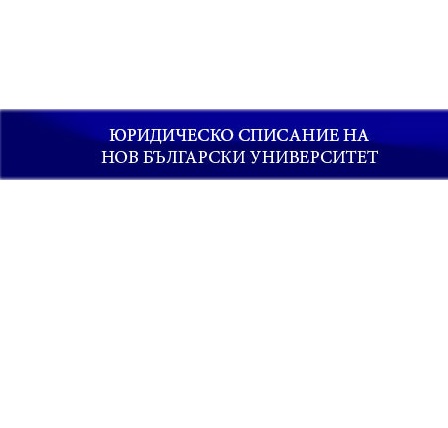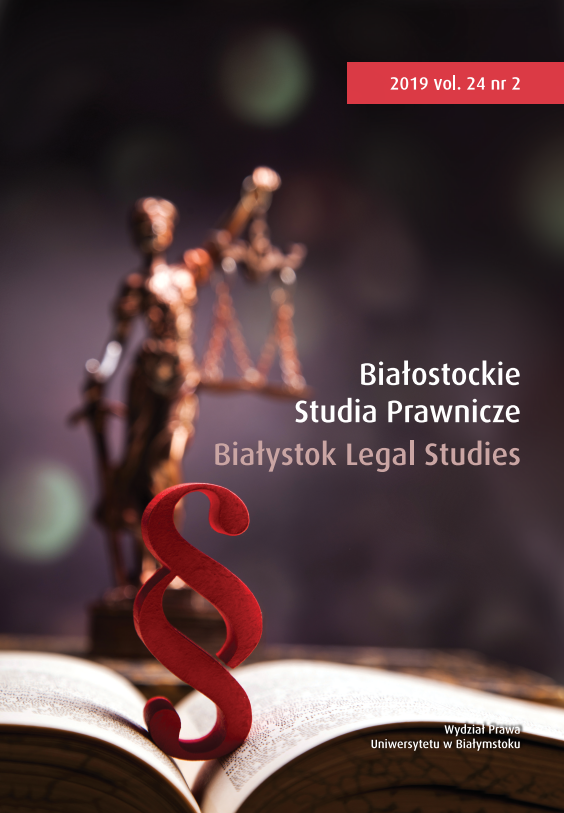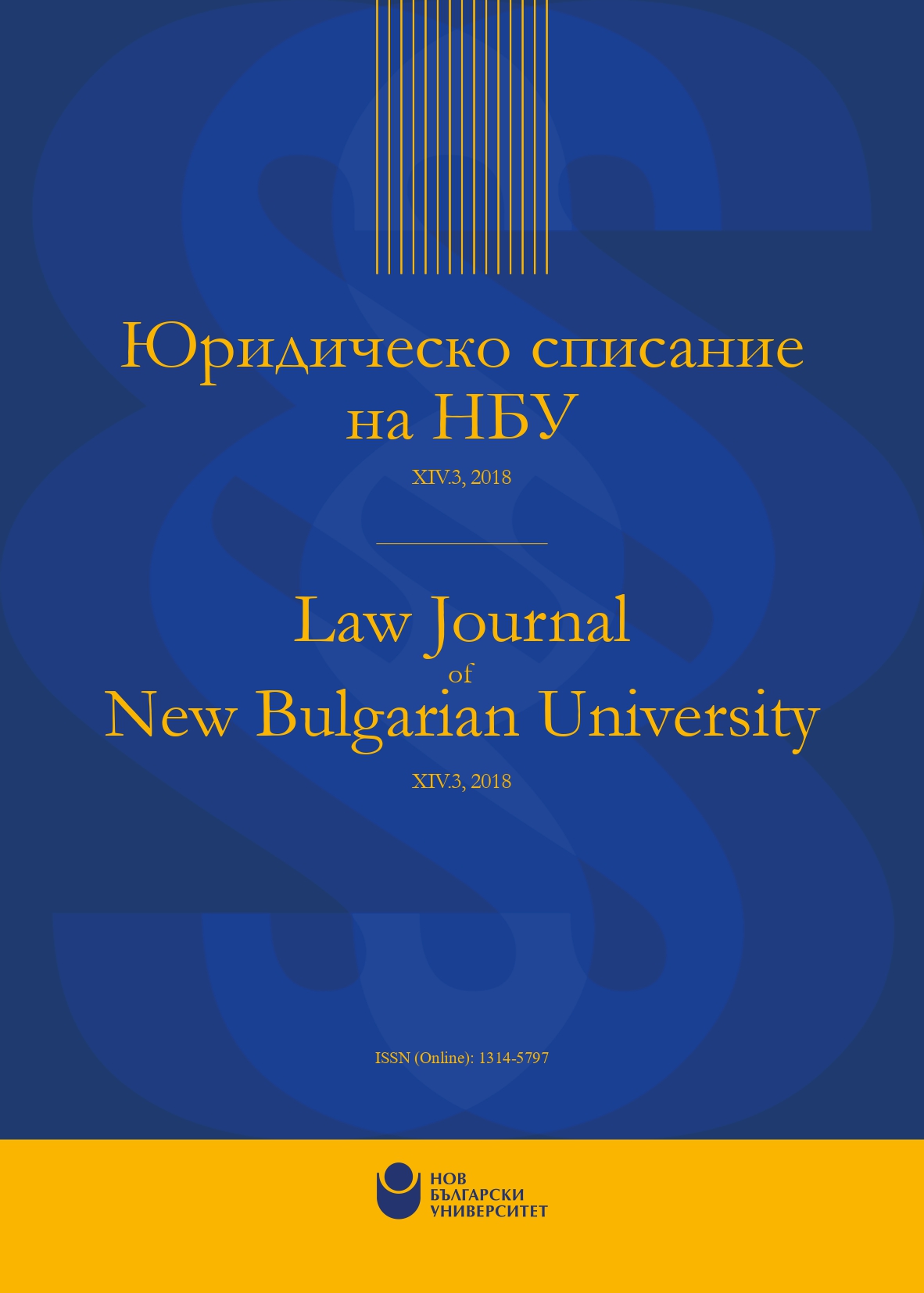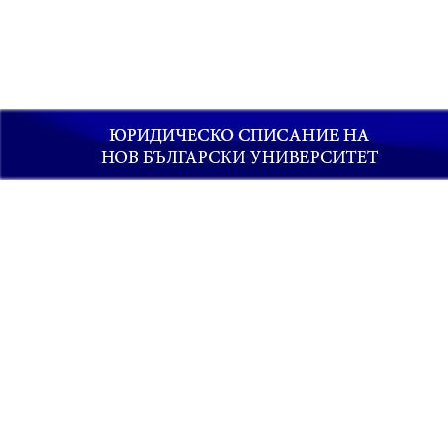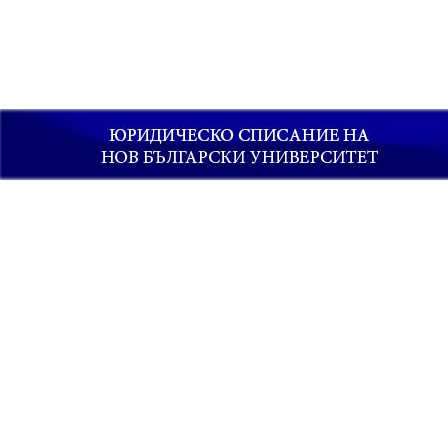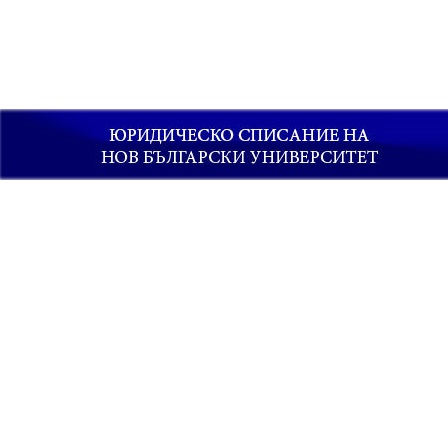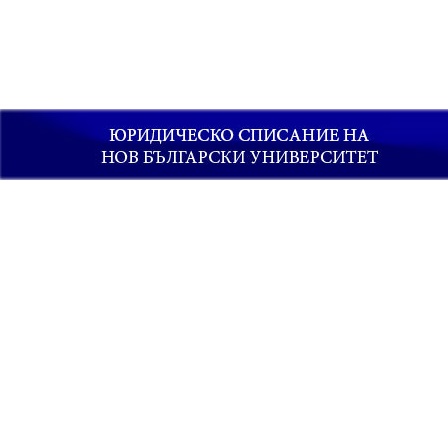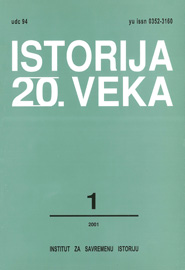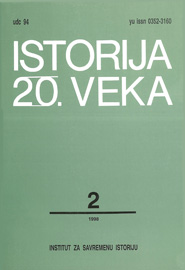Author(s): Đorđe Stanković / Language(s): Serbian
Issue: 1/2001
The crucial change in Serbia’s relations with Austria-Hungary was brought about by the coup in May 1903, when the Karadjordjević dynasty, which relied on the powers of the Entente, especially Russia took the place of the pro-Austrian Obrenović ruling family. In the meantime, the great powers had reached an agreement at the Hague congresses in 1899 and 1907 regarding the codification of international law, particularly in the field of war operations. The Hague Conventions, especially the Hague Code, precisely determined what the actions of the occupying forces were to be in regard to prisoners of war and the civil population. From the beginning of the Customs War in 1907, and particularly from the annexation of Bosnia and Herzegovina in 1908 and during the Balkan Wars, an anti-Serbian atmosphere was built up in Austria-Hungary. After the assassination in Sarajevo and the outbreak of war, this public sentiment was transformed to racial and religious hatred, resulting in numerous crimes in Mačva and other parts of Serbia temporarily occupied by Austria-Hungary. Civilians and the wounded were killed, while private property was looted and destroyed. The Serb Government reacted immediately by sending notes to the signatories of the Hague Convention, which it continued to send for the entire duration of the war. The notes, in addition to referring to the violations of international law already mentioned, also described the Austrian and Hungarian authorities’ cruel treatment of war prisoners, interned civilians, the requisitioning of food and cattle, the confiscation of farming tools and equipment, factories, spas, and the personal property of people who had fled or been driven out, the desecration of churches, educational and cultural institutions, and the various forms of denationalization exercised over the Serbs. The Serb Government endeavored to relieve the suffering of war prisoners and interned civilians by sending material aid through humanitarian organizations to the population of Serbia and Montenegro and through the missions of neutral countries they also sent aid to those held in prison camps throughout Austria and Hungary. Nevertheless, the death toll was extremely high - 45% (approx. 80,000 people).
More...
